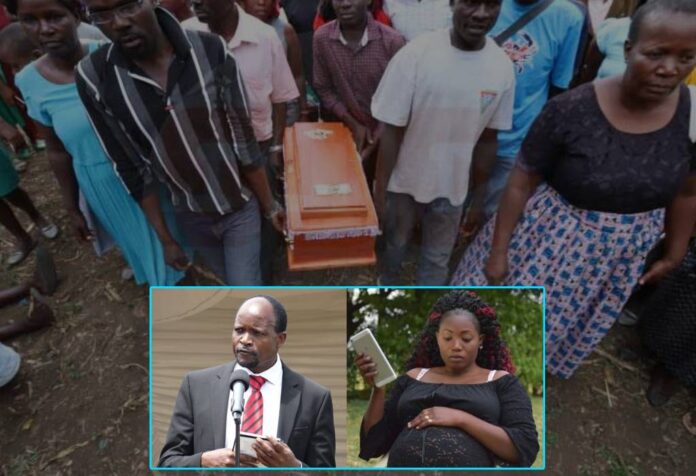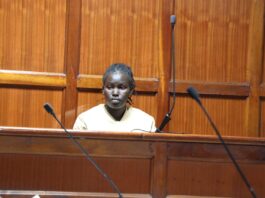It is now crystal clear that the late Baby Sharon may never get justice in the Kenyan Courts as the key suspects in its murder were acquitted by the High Court citing error from the ODPP.
In a sixteen pages ruling that saw justice Cecilia Githua acquit former Migori County Governor Zacharia Okoth Obado, Michael Oyamo and Casper Obiero all suspects in the alleged murder of Baby Sharon in 2018, the Judge said that the prosecution deliberately chose to charge the duo with the wrong offence making it impossible to hold the suspects accountable for the murder.
“I must state at this juncture that I find it difficult to understand why the prosecution who obviously had possession of the evidence gathered by the investigating officers In this case and must have analysed it before making the decision to charge, chose to charge the accused persons with the offence of murder knowing full well that the evidence in their possession supported a different offence.” Said Justice Cecilia Githua.
The judge said that she could not understand why, in the course of hearing the case for the six years, the prosecution did not find it necessary to amend the charge sheet to charge the suspects with the offense of killing an unborn child, which too carries a life imprisonment upon conviction.
It was the Court’s findings that for the purpose of the provisions of Sections 203 and 214 of the Penal Code, Baby Sharon was a fetus who had not proceeded from its mother’s body in a living state at the time it was killed; therefore, it did not fit the definition of a person capable of being killed; hence, the ODPP ought to have known better and charged the suspects with the offense of killing an unborn child under Section 228 of the Penal Code.
The Court said that the prosecution had failed in their mandate to charge the suspects with the correct offense and proceeded to acquit them under Section 306 (1) of the Criminal Procedure Code.









